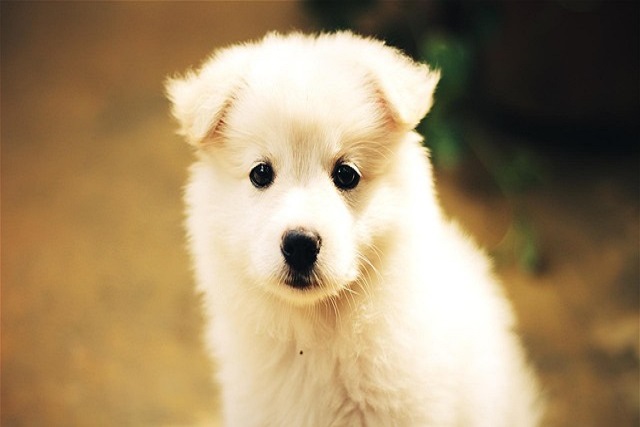
How do i train my dog to be obedient?
Watching your dog dart across the park ignoring your calls isn’t just frustrating—it can put them at risk near busy streets or public spaces.
If you’ve ever struggled to control your dog when they snarl at a passerby or lunge at another pup, you might’ve heard that “more exercise” is the fix. New owners, like my friend who has a 2-year-old German shepherd named Koda, often hope a long run will “tire out the aggression.” Koda would bark fiercely at anyone near their fence, and she started taking him on 5-mile hikes daily—only to find he was still reactive, just more exhausted. The truth is, exercise can help with aggression, but it’s not a cure-all. It works best when paired with understanding why the aggression happens, and using it to reduce stress, not just burn energy.
Aggression in dogs often stems from fear, frustration, or feeling threatened—think a dog who snaps when a child grabs their toy, or growls at a stranger invading their space. Exercise can ease this by lowering stress hormones like cortisol, making them calmer overall. A tired dog is less likely to overreact to small triggers, like a neighbor’s cat darting by. But here’s the catch: Exercise won’t fix aggression rooted in trauma, anxiety, or lack of socialization. If a dog is aggressive because they’re scared of other dogs, a long walk past a busy park might make things worse, overstimulating them. It’s like how a stressful day at work isn’t fixed by a marathon—you need to address the stressor, not just exhaust yourself.

To use exercise effectively, pair it with structured activities that build confidence. Try “mental exercise” too—puzzle feeders, scent games, or training sessions that teach commands like “sit” or “leave it.” These tire their brain, which is often more calming than physical exhaustion. My neighbor takes Koda on shorter walks (30 minutes) in quiet areas, then does 10 minutes of training with treats, rewarding him for staying calm when a bike passes. Over time, he’s gone from lunging to just watching. For apartment dogs, use stairs or indoor fetch to burn energy without exposing them to triggers. Always end exercise sessions with a calm 10 minutes—no rough play—so they associate activity with relaxation, not excitement.
Handling aggression ties into responsible pet ownership. Keep your dog’s rabies vaccine current—all U.S. states require it, and a well-exercised, trained dog is safer in public. When walking, use a sturdy leash and muzzle if needed (never as punishment), and avoid busy dog parks until their behavior improves. Always clean up after them with poop bags (fines for littering hit $150 in many cities) and give other walkers space—polite distance reduces tension. Never punish aggression with yelling or hitting; it reinforces fear. Instead, use positive reinforcement: praise and treats when they stay calm, which builds trust. With the right mix of exercise, training, and kindness, many aggressive dogs learn to feel secure—and that’s when their best selves shine through.

Watching your dog dart across the park ignoring your calls isn’t just frustrating—it can put them at risk near busy streets or public spaces.

New puppy owners often find themselves rushing to clean up accidents before they set in, and that’s where puppy pad training becomes a game-changer.

If you've noticed your dog's waistline disappearing and your veterinarian has mentioned those few extra pounds, your first instinct might be to simply reduce the amount of food in their bowl.

Training a dog to use a designated spot indoors isn’t as daunting as many new owners fear, but it does take consistency and an understanding of your pet’s needs.

That moment of dread on a walk is all too familiar for many new dog owners. You see another dog approaching down the sidewalk of your neighborhood

If the sight of another dog on your neighborhood walk makes your heart sink as your own dog erupts into a frenzy of barking and lunging, you're not alone.